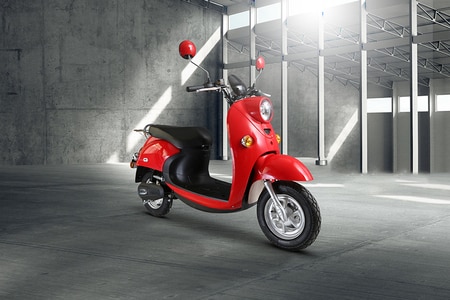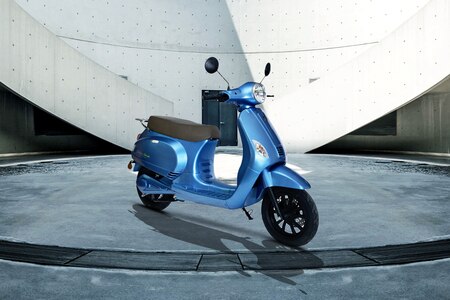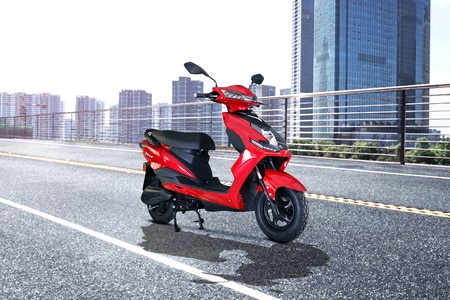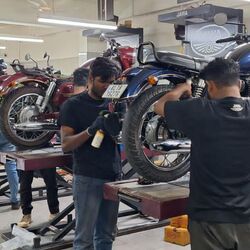Indian auto industry needs road map for localisation push: Report
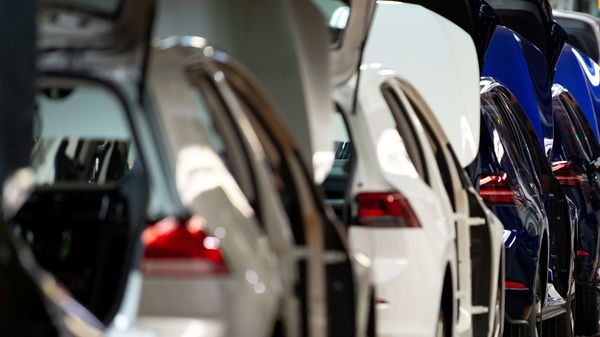

Exports and a focus on the domestic market offer major potential opportunity areas for the Indian auto industry but the sector needs a road map for localisation, according to a report by consultancy firm EY.
As per the report, 'Atma Nirbhar- The Roadmap to Increase Localisation and Harnessing Export Potential of the Indian Auto Industry', the industry generated business worth over ₹30,000 crore annually through import substitution and local manufacturing through initiatives such as 'Make in India'.
Also check these Vehicles
"A major potential for import substitution for the industry lies in availability of raw material and technology/capabilities constraints for certain high precision components and economies of scale," it said.
Also Read : Automakers seek delays, exemptions to India's planned new rules for parts
In the past, the Indian auto industry has worked on initiatives taken by the government such as 'Make in India' to improve localisation such as achieving up to 95 per cent localisation in the passenger vehicle category of less than ₹10 lakh.
However, the report cautioned that "recent technological advancement and government legislations such as emission norms, enhanced safety norms and adoption of cleaner fuels could lead to increase in imports due to unavailability of certain raw materials, technology and capability constraints and economies of scale challenges".
EY India Partner and Automotive Sector Leader Vinay Raghunath said, "With the rapidly evolving mobility ecosystem, stringent emission norms, higher focus on safety and vehicle connectivity and the push towards e-mobility, the import gap is likely to further increase in the short term."
(Also read: Indian auto industry should not de-link from imports completely: Mahindra)
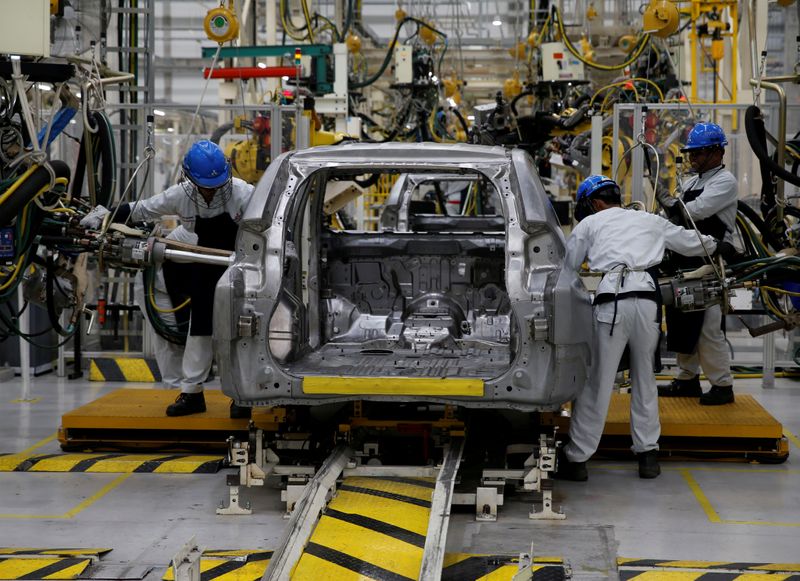

He, however, added that with concerted efforts from all ecosystem players, strong foundations can be laid to offset this in the future.
Stressing the need for a road map for localisation, the EY report said imports of raw material and components by Indian auto component manufacturers amounted to USD 15.4 billion in 2019-20.
"Even local raw material suppliers of steel, copper, engineered plastics, etc, have an import component in the form of their manufacturing input due to constraints such as unavailability, inadequate quality, and dependence on other industries," it said.
Also Read : Nitin Gadkari asks auto and components industry to discourage imports
Different component categories have different challenges which lead to import. For example, processors for automotive electronics are almost 100 per cent imported due to lack of wafer fabrication centres in India which require high capital investment (around USD 5 billion), the report said.
"The need of the hour is to identify challenges faced by the industry and develop a short-, mid- and long-term road map for each stakeholder to tackle those challenges," it added.
EY India Partner (Automotive) Som Kapoor said, "In order to re-align and mitigate the risks of global supply-chain fluctuations, additional reinforcements and incentives should be considered by the government." This can be done, he added, by working hand-in hand with industry associations to ensure higher levels of localisation for India, to become export competitive.
Also Read : Be 'AtmaNirbhar', aim for global dominance: Piyush Goyal to Indian carmakers
The report also said the overall volume of the auto industry has a big role to play in localisation as it would translate into demand and economies of scale for the manufacturers.
Furthermore, auto export as a share of total exports stands at 4.3 per cent, which is way lower than that of Thailand (10 per cent), Germany (13 per cent), South Korea (13 per cent) and Japan (22 per cent). India has huge potential for export which can help the industry to drive up volumes, it said.







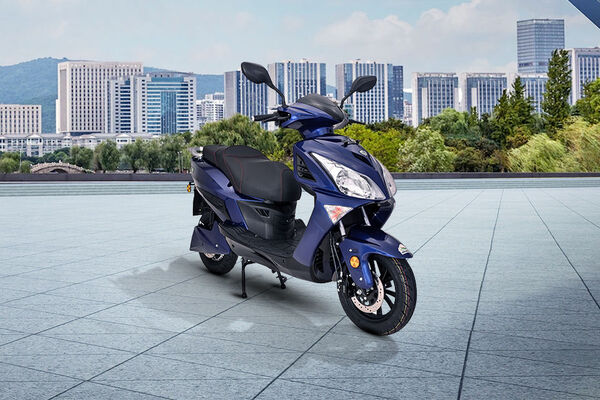
 3.2 kWh
3.2 kWh 120 km
120 km